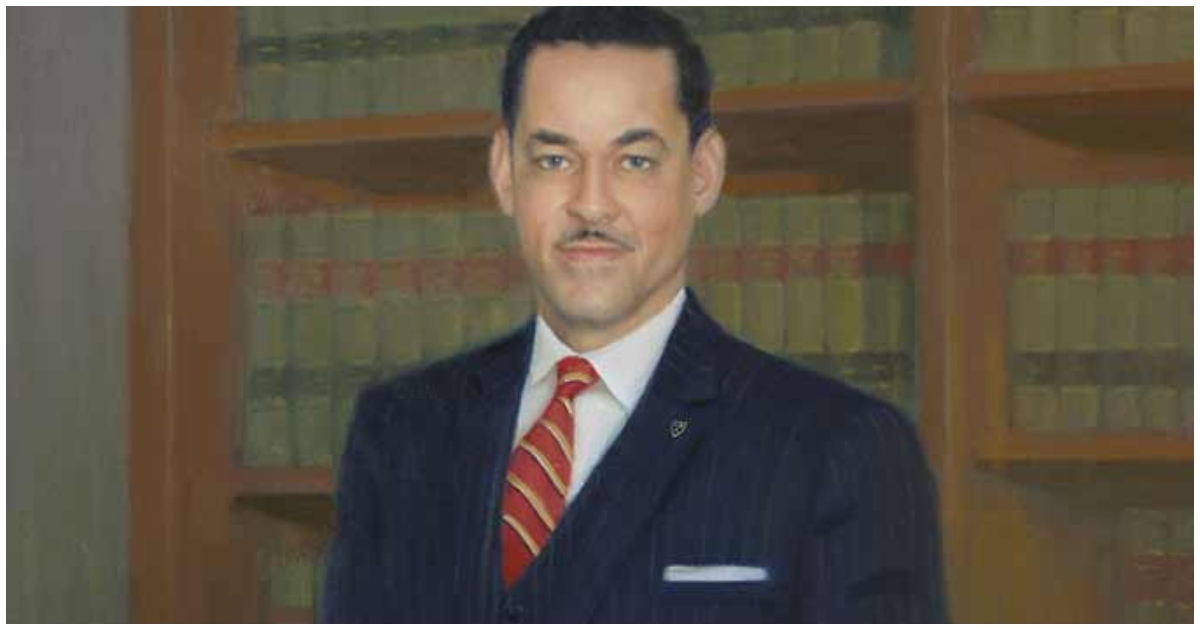Gregory Swanson’s landmark lawsuit against the University of Virginia in 1950 marked a pivotal moment in the fight for educational equality.
His successful case opened doors for Black students at UVA Law and beyond, challenging segregation in higher education across the American South.
Breaking Barriers: Swanson’s Historic Admission to UVA Law
In the fall of 1949, Gregory Swanson applied to UVA Law’s Master of Law program. The law faculty voted to admit him. However, the University’s Board of Visitors rejected his application, citing state segregation laws.
Undeterred, Swanson took legal action. He filed a lawsuit in federal court, represented by civil rights attorneys Oliver Hill, Martin A. Martin, and Spottswood Robinson. The NAACP supported his case.
Legal Victory and Its Far-Reaching Impact
On September 5, 1950, the District Court ruled in Swanson’s favor. This decision shattered racial barriers in higher education. Ten days later, Swanson registered as a law student at UVA.
Professor Risa Goluboff of UVA Law emphasizes the significance of Swanson’s achievement:
“He paved the way for the trickle of Black students who immediately followed him to UVA, and to other Southern universities. And he paved the way for the University and the Law School to become the far more diverse, equitable and inclusive institutions we are today.”
Honoring Swanson’s Legacy
Today, Swanson’s contributions are commemorated in several ways. A marker near the Jefferson-Madison Regional Library on East Market Street in Charlottesville honors his winning lawsuit. Additionally, his portrait hangs in the Law School’s Clay Hall.
These memorials serve as reminders of Swanson’s courage and the ongoing struggle for equality. They inspire current and future generations of law students and civil rights advocates.
The Broader Context: Challenging Segregation in Education
Swanson’s case was part of a larger movement challenging segregation in American education. It preceded the landmark Brown v. Board of Education decision by four years. His success at UVA Law set an important precedent for other institutions.
The ripple effects of Swanson’s admission extended beyond Virginia. It encouraged similar challenges to segregation policies at universities across the former Confederacy. Swanson’s bravery helped pave the way for increased diversity in legal education.
Swanson’s Enduring Influence on UVA and Beyond
Gregory Swanson’s legacy continues to shape UVA Law and the legal profession. His groundbreaking admission set in motion decades of progress towards equality and inclusion. Today, UVA Law strives to honor Swanson’s memory through its commitment to diversity and social justice.





